Building phase inspections

Inspectors conduct a series of evaluations called building phase inspections, also referred to as construction phase inspections or progress inspections, at different stages of a construction project. The purpose of these inspections is to confirm that the construction work aligns with approved plans, specifications, codes, and regulations. By detecting and resolving issues at different junctures within the construction process, these inspections play a role in guaranteeing the final structure’s quality, safety, and adherence to regulations.
The specific inclusions of building phase inspections can vary depending on the type of project and the local regulations, but they generally cover the following key stages:
- Foundation Inspection: Inspectors conduct this inspection subsequent to pouring or constructing the foundation. They verify the foundation’s compliance with structural requirements, proper anchoring, and absence of defects.
- Framing Inspection: This inspection takes place after framing, roof, walls, and floors are in position but before finishes conceal them. It ensures that the framing aligns with building codes and engineering standards, ensuring structural integrity and appropriate spacing.
- Mechanical and Electrical Inspection: Inspectors perform this inspection to validate the correct installation, safety, and code adherence of electrical, plumbing, and HVAC systems.
- Insulation Inspection: Before insulating walls and ceilings, inspectors confirm that insulation type, quantity, and placement meet energy efficiency and thermal regulation criteria.
- Drywall or Wallboard Inspection: Before applying finishes, inspectors assess drywall or wallboard installation, confirming compliance and the use of fire-resistant materials where necessary.
- Final Inspection: Upon construction completion, inspectors conduct a final evaluation to verify the structure’s conformity to code requirements, encompassing safety, occupancy, and accessibility standards. This inspection often covers plumbing, electrical work, finishes, and landscaping.
- Certificate of Occupancy Inspection: In certain jurisdictions, the certificate of occupancy inspection serves as the final step before legal building occupancy. It affirms the building’s compliance with local codes and regulations, confirming its safety for occupation.
The scope and frequency of building phase inspections can vary based on the complexity of the project. They are typically carried out by building officials, independent third-party inspectors, or qualified professionals in the field, depending on local regulations and project requirements. These inspections play a crucial role in maintaining construction quality, minimizing defects, and ensuring that the finished structure is safe and compliant with all applicable standards.
